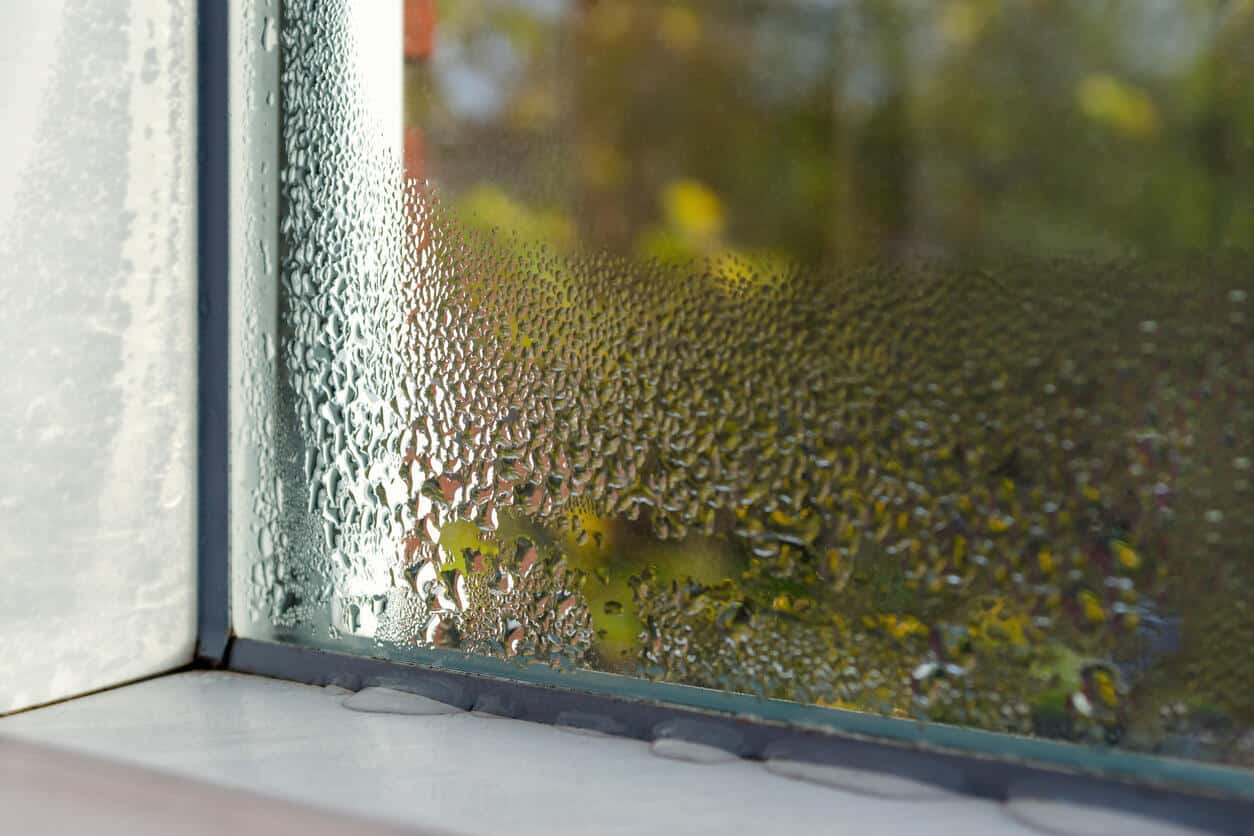When caring for your hearing aids, it’s crucial to understand how environmental factors can impact their performance. One such factor is humidity. Humid conditions can pose challenges for hearing aid users, affecting both the functionality and lifespan of their devices. Let’s take a look at the impact of humidity on hearing aids and some valuable tips to protect them in humid environments.
Impact of Humidity on Hearing Aid Performance

When you think of the impact of humidity, you likely picture frizzy hair, fogged windows and household mold. While it may not initially come to mind, humid air can find its way into the delicate components of hearing aids, such as the microphone and receiver, leading to reduced sound quality or technological failure.
Hearing loss is a widespread condition, with more than 1.5 billion people affected worldwide. Hearing aids are remarkable devices capable of significantly improving your life with hearing loss by creating ease of communication and better background awareness. Protecting your hearing aids from humidity-induced damage is essential to the continued enjoyment of their benefits.
Tips to Protect Hearing Aids in Humid Environments
While it’s challenging to avoid humid conditions entirely, there are several measures you can take to protect your hearing aids and ensure optimal performance.
- Use dehumidifiers and drying kits. Invest in dehumidifiers or drying kits designed specifically for hearing aids. These devices effectively remove excess moisture from your devices, minimizing the risk of damage.
- Store hearing aids properly. When not in use, store your hearing aids in a dry and cool place. Consider using a dehumidifying storage container or case to provide an extra layer of protection.
- Avoid excessive exposure to moisture. It’s best to remove your hearing aids before engaging in activities that involve excessive sweating or exposure to water, such as exercising, swimming or showering. If you are planning a fun fall night at Dockweiler Beach, it is wise to place your hearing aids in a dying jar afterward to prevent moisture build-up.
The Importance of Regular Hearing Aid Maintenance
Regular maintenance is key to ensuring the longevity and optimal functioning of your hearing aids, especially in humid environments. A couple of essential maintenance practices include:
- Cleaning and drying hearing aids. Clean your hearing aids according to their device manual and use a hearing aid drying kit or a forced air blower to dry the devices thoroughly.
- Professional servicing and inspections. Schedule regular check-ups with your hearing care specialist for cleaning and adjustments. Your specialist can identify any underlying issues and provide the necessary repairs or maintenance.
You can proactively protect your devices in humid environments by prioritizing regular maintenance. To learn more about caring for your devices, contact The House Institute today to make an appointment with one of our trusted specialists.
[related-posts]